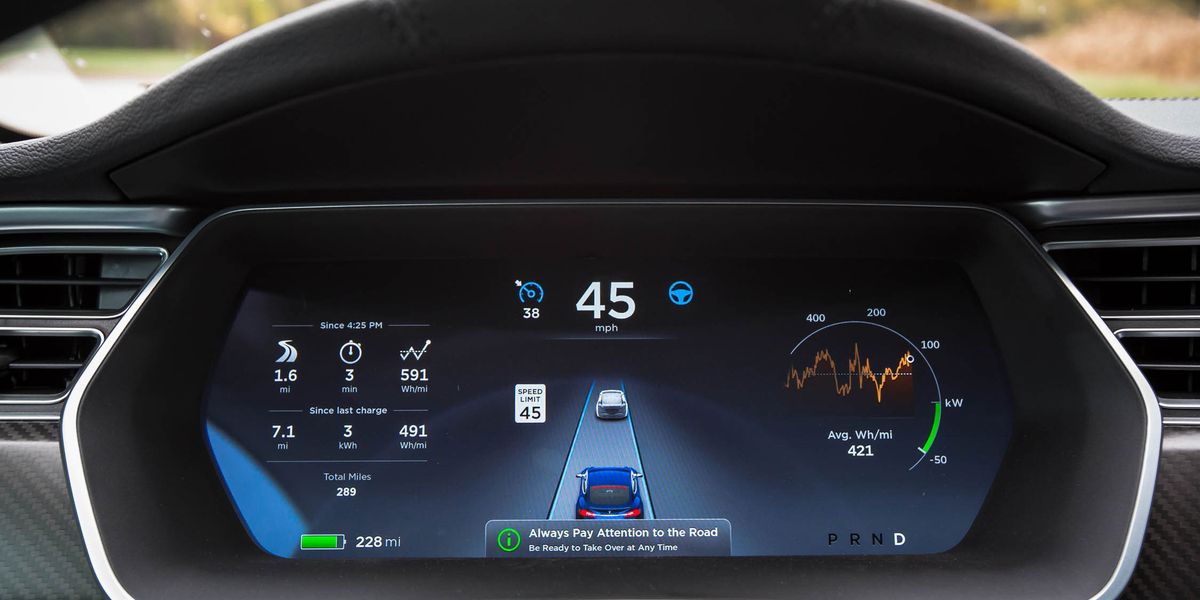Light hearted ribbing only, my point was that we're all only speculating. Electrek is also speculating as no one has any hands on with the hardware as of yet and as it is only a refresh outfits like Munro and associates won't bother to do a tear down as no one will be interested in the research it produces. The advisors may have been correct in their statements but the EV hacker community will clear this up for all of us in short order and then there are Model S/X long range options for those interested at a shocking discount.
Apologies. It was late and I was very tired when I wrote that.
FWIW, I used to work for a big company that purchased its competitors products and tore them apart for analysis. Its commonly done. Personally, I think Tesla should worry about that. If Toyota truly does think the product is a work of art (which I doubt given Japanese culture and the plethora of complaints about Teslas and these Tesla news items
U.S. auto safety regulators said Thursday they are opening a special crash investigation into a fatal accident in Virginia involving a Tesla Model Y suspected of relying on advanced driver assistance systems and striking a heavy truck.

www.reuters.com
A Reuters report says the feds have been investigating the EV maker for more than a year because of alleged claims that its cars can drive themselves.

www.caranddriver.com
https://www.cnn.com/2023/08/01/business/tesla-steering-investigation/index.html )
Hot stuff. I want to own a Tesla - so I can have headaches for the entire time I own one.

Anything Tesla can do Toyota will do better.
That said, one of the articles you referenced panned Toyota's EV sales because they are in the single-digits percentage wise. The article, however, seemed to fail to pay any attention to the fact that Toyota currently has only one full EV model for sale. One EV model and some talking head is panning Toyota's EV sales because they are only in the single digits percentage wise while other manufacturers have multiple EV only models and the other manufacturers are selling more of them? Wow! That's dire news for Toyota.
And how about the article that reference the problems with the bZX4? Unlike Tesla, which seems to think its customers qualify as beta testers, Toyota stopped bZX4 production to address the issues before it went on sale. No other automobile manufacturer does that. Tesla among many others, OTOH, needs to have their arms twisted by the NHSTA/NTSB in the US to recall vehicles. Toyota is an example of what I call integrity - an integrity that no other automobile manufacturer has or has demonstrated by their actions.
With regard to Toyota they've been promising the same miraculous leap forward for nearly a decade now, they do eventually have to make good on the claims. Better for all of us if its true but I expect CATL or Panasonic or Prologium will get to viable SSB tech long before Toyota as Prologium are already breaking ground on production facilities in France while Panasonic and CATL are just behind them.
Product development takes a long time. With Toyota's recent announcement of when they expect to have it in production, I would not at all be surprised if they do.
That's the thing about Toyota. Although one can arguably claim that they are not perfect, after all, what company is, they tend to keep quiet about their R & D and product development until they have something. IIRC, their public statements about the
Mirai were similarly done - and yet the
Mirai is available to purchase even though it took probably more than a decade to develop it.
And there are other battery manufacturers out there testing advanced batteries. For instance, this -
https://graphenemg.com/energy-storage-solutions/aluminum-ion-battery/
With all the research and product development going on in the battery industry, what does it matter who ends up producing a battery suitable to the task? The point is that an advancement in electric storage technology is one of the steps needed to make EVs a reality.
And one of those articles mentioned the change in Toyota leadership. Personally, I was not happy with the policy on EVs that Toyota publicly announced a couple of years ago, and others were equally disappointed. I highly suspect that that announcement was the reason that Toyota hired a new CEO. Companies that realize their missteps and take action to correct them are the ones that survive.
I worked for a company (the same company I mentioned above) that once employed in excess of 70,000 employees, and they refused to change course. Even if they knew a decision was bad, they stuck with it and refused to reverse it or change course to a better path. As I understood it, it was literally company policy. Now, that company employs something like 1,200 employees and is a distant memory of its former self. IMO, no one and no company can BS their way through a bad decision and expect to survive without taking action to correct the BS and eliminate it.
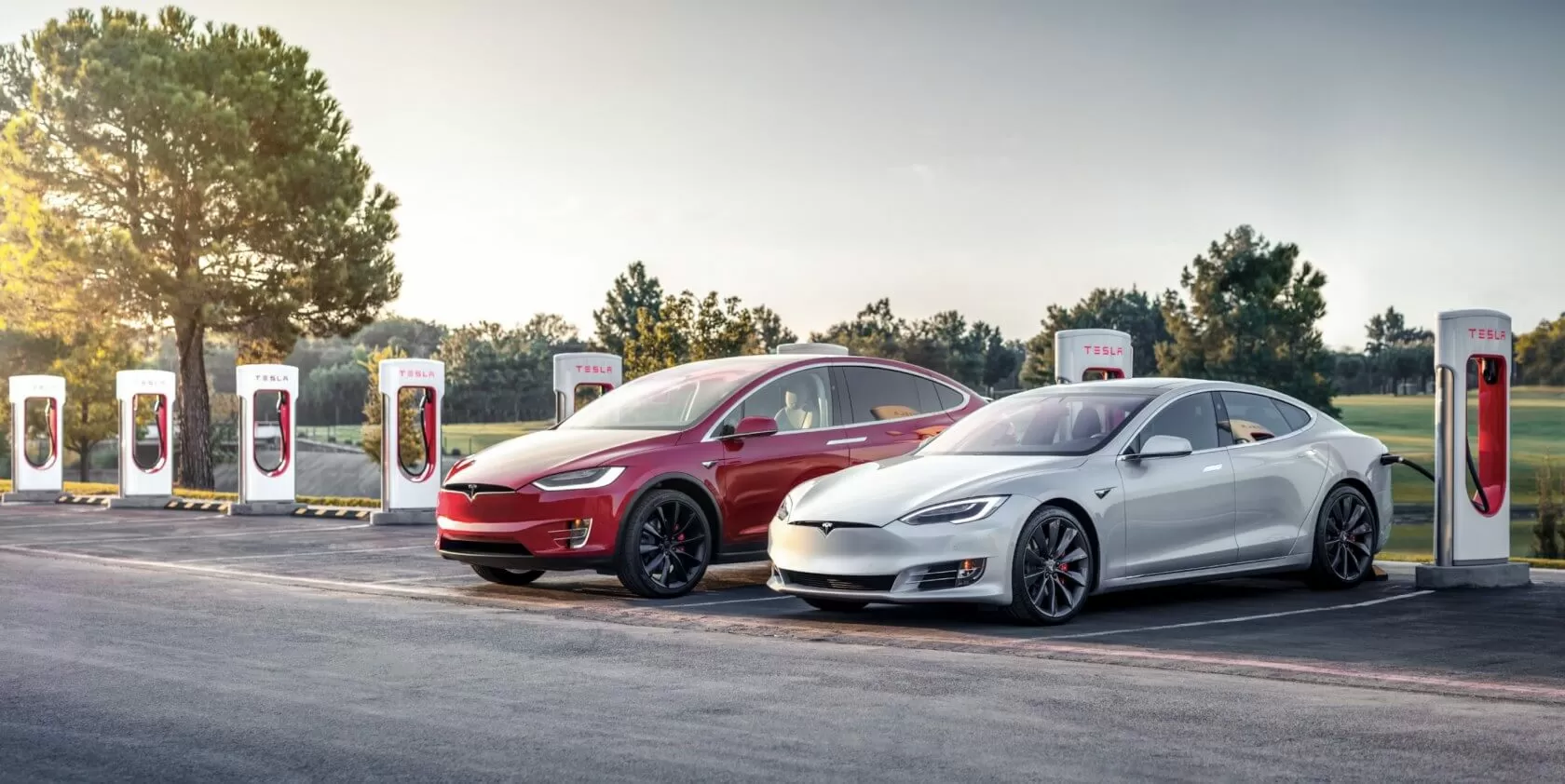
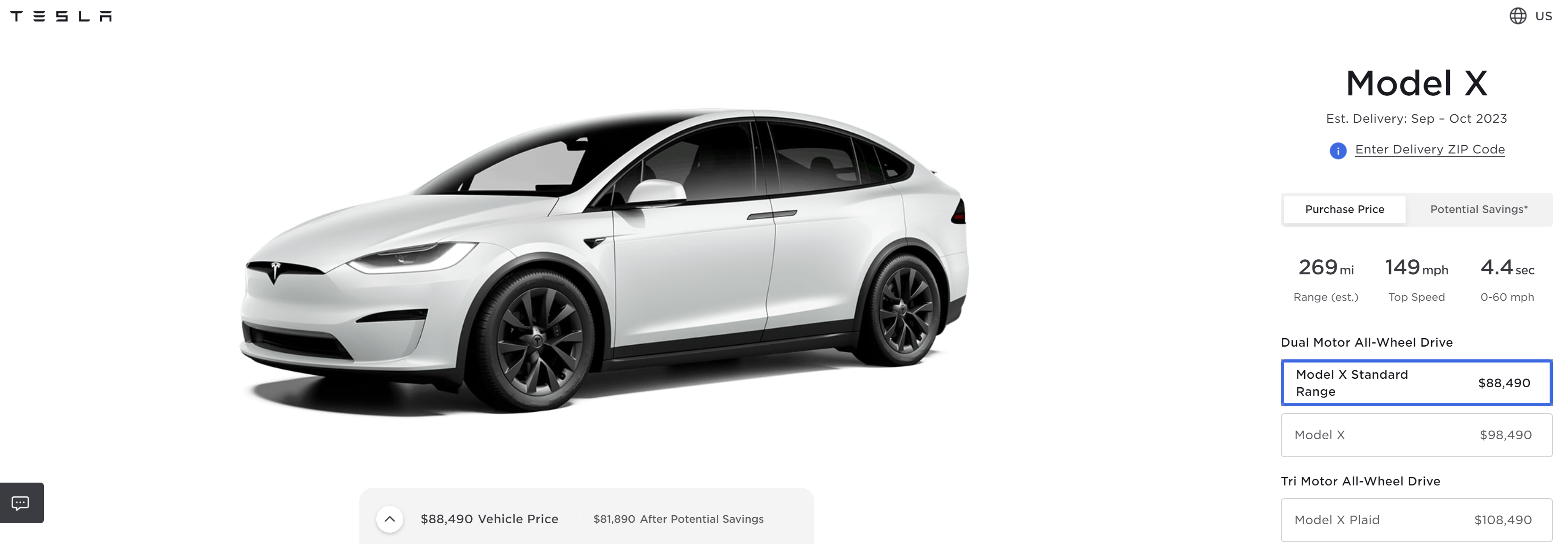
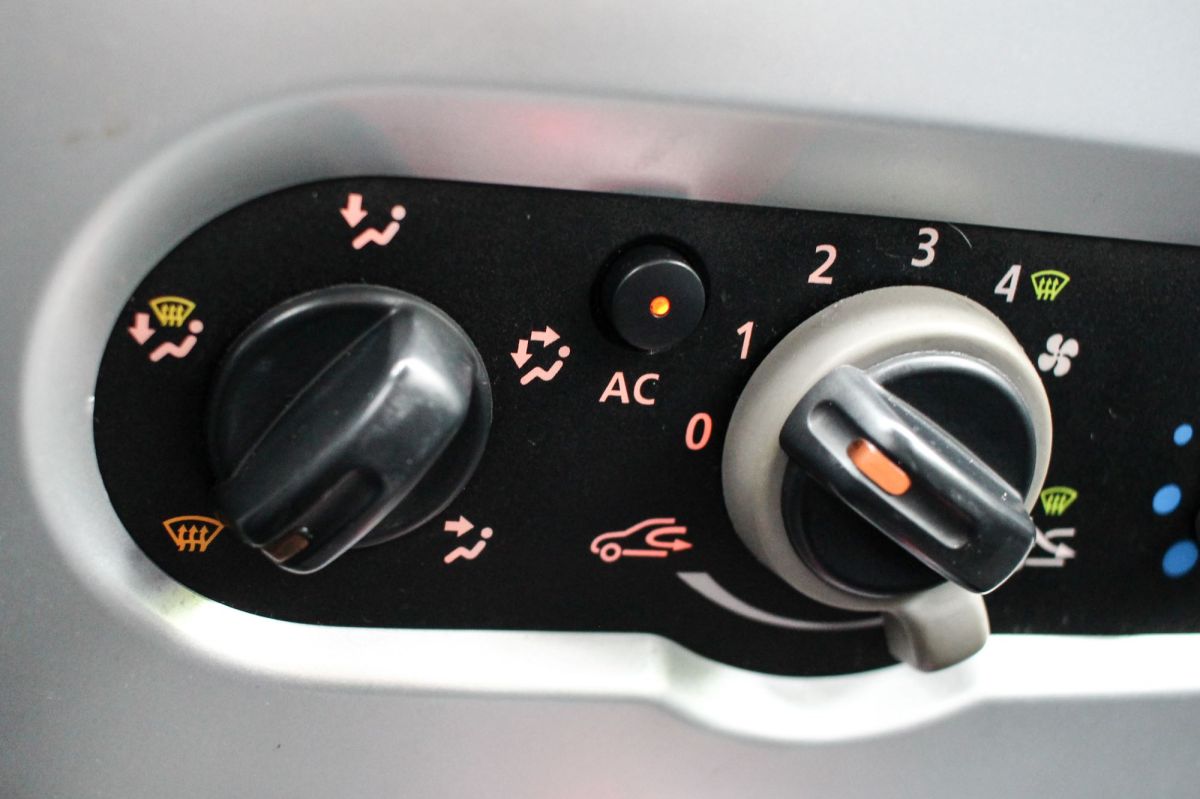
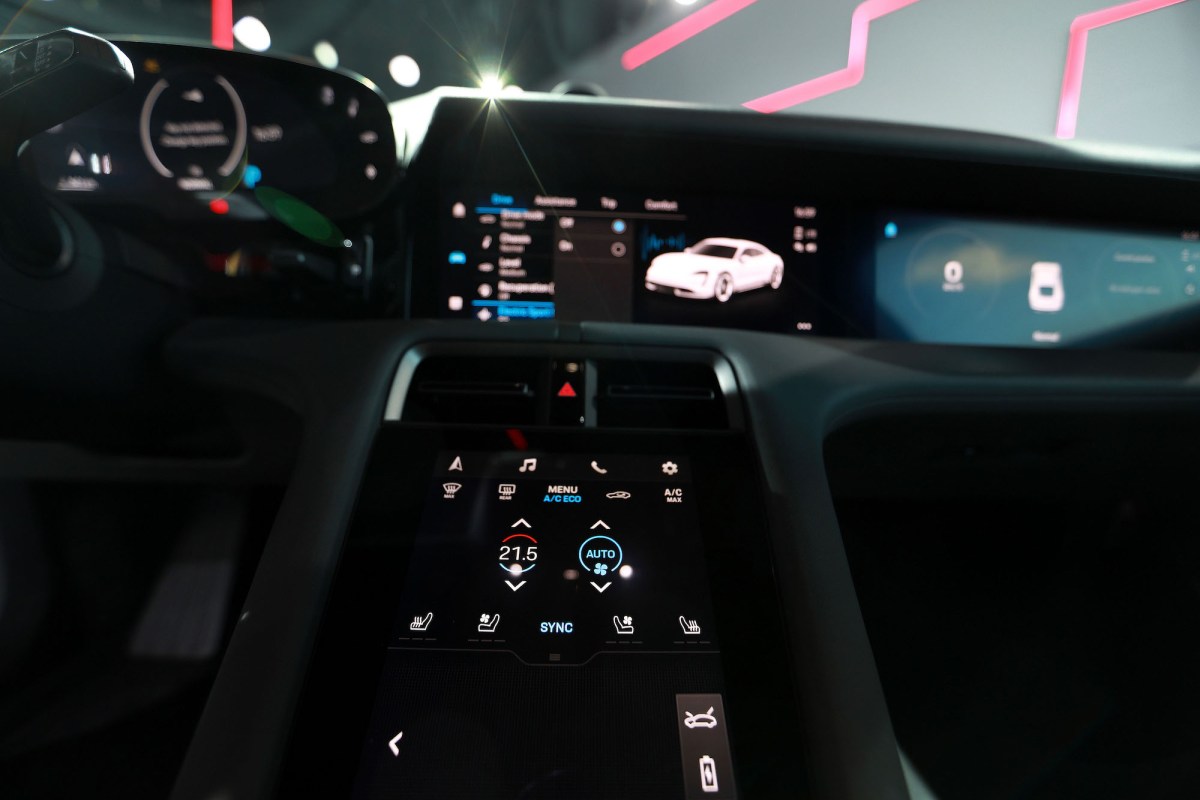
/cloudfront-us-east-2.images.arcpublishing.com/reuters/IN7DDCGE5VJKBPNRKQMPOKBD2Q.jpg)
